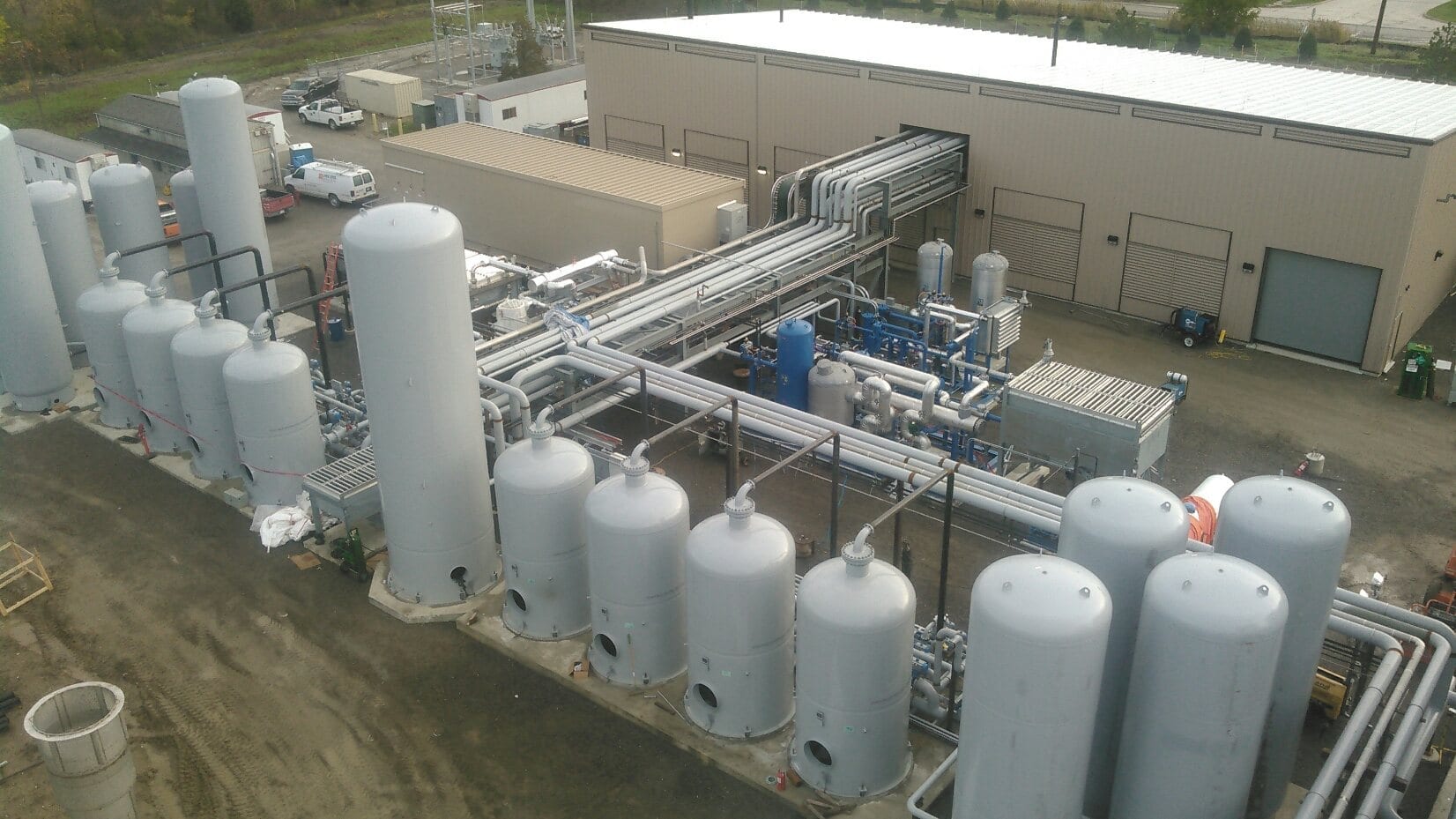U.S. Gain President Mike Koel is no stranger to taking risks. He’s the force behind the business division’s formation in 2009 when he identified the demand in providing fleet operators with environmentally-friendly, cost-effective alternative fuel options. Since then, GAIN® Clean Fuel has worked cooperatively with transportation companies across the country to supply compressed natural gas (CNG) as an alternative to diesel, which has become the fuel of choice for many based on significant financial and environmental benefits.
Over the last year, Koel and his team have embraced a new challenge – to become a leading renewable natural gas (RNG) supplier by procuring processed methane generated from landfills, livestock manure and wastewater treatment facilities in an effort to improve local air quality and provide fleets access to an even cleaner fuel.
Through vertical integration, flexible business management and strategic risk-taking, GAIN Clean Fuel has recently expanded availability of its RNG offering through the now operational Woodland Meadows Recycling and Disposal Facility (RDF) in Wayne, Michigan. RDF is a regional facility that provides safe and convenient disposal services for communities, businesses and industries serving the Detroit Metro and surrounding areas.
“RNG is one of the few alternative fuels that creates air quality improvements during the fuel production process and also when used in actual transportation,” says Bryan Nudelbacher, director of business development for GAIN Clean Fuel. “This truly positions companies using RNG for sustainability success.”
GAIN Clean Fuel, in partnership with Ameresco, Inc., a leading independent provider of comprehensive energy efficiency and renewable energy solutions, and Waste Management, Inc., the largest environmental solutions provider in North America, is bringing to the market renewable natural gas (generated from the landfill) for use within the transportation sector.
RNG is one of the few alternative fuels that creates air quality improvements during the fuel production process and also when used in actual transportation – Bryan Nudelbacher, director of business development for GAIN Clean Fuel.
Methane, the most damaging greenhouse gas, is produced naturally in landfills from the decomposition of waste and is about 20 times more potent in warming capabilities than carbon dioxide. Traditionally, landfill gas is flared onsite, but current technologies allow for the harnessing of this gas and its conversion into a cleaner renewable transportation fuel.
In a well-to-wheel heavy-duty trucking comparison to diesel, RNG produced from landfill gas can provide a reduction in greenhouse gas, nitrous oxide and particulate matter emissions by 85 percent, 75 percent and 98 percent respectively. Well-to-wheel comparisons consider the lifecycle emissions impact of a product—from production through usage and disposal—providing users a realistic comparison verses simply comparing tailpipe emissions.
The Woodland Meadows Recycling and Disposal Facility is projected to reduce carbon emissions emitted directly from the landfill by 33,349 tons CH4 per year, which is equivalent to the carbon sequestered by 713,550 acres of U.S. forests in one year.
With several other landfill, dairy farm, and wastewater treatment facility projects in the works, GAIN Clean Fuel is dedicated to expanding availability of RNG.
“We are committed to working closely with various producers throughout the process by obtaining gas rights, ensuring compliance, investing in clean-up equipment and project financing to dispense the highest quality RNG to the most forward-thinking organizations,” says Koel. “Furthermore, we’re focused on expanding our station network to maximize accessibility to RNG, and are excited about the partnerships to come.”



